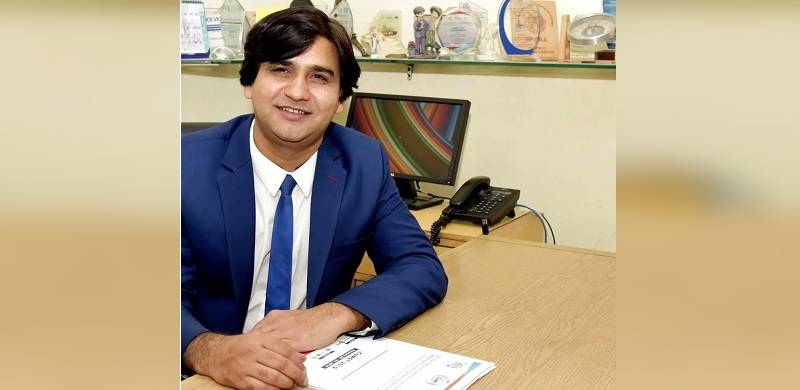
Tribal clashes continue to ravage precious lives in northern areas of SIndh as an official of IBA University Sukkur was gunned down by the assailants of a rival group in the riverine area of Kandhkot district, on Thursday.
The deceased was identified as Ajmal Sawand, a doctorate scholar who was serving as Assistant Director at the institute.
Sawand came under attack by a rival group of the Sundrani community, Sanjrani tribe. The tribes were at loggerheads for a long time and the group ambushed the man when he was on his way back home.
The accused also 'celebrated' their heinous act via aerial firing, as seen in a video, which sent shockwaves across the province.
The offence drew condemnation from across Sindh as the quarters concerned strongly deplored it.
Initial probe suggests the warring groups had their dispute over a piece of land belonging to the victim, and he would frequently visit the site.
It unfolded as a man belonging to the Sanjrani group was killed by the opposite side and the estranged group had planned to avenge the death.
Read this too: PTI Leader, Five Others Killed By ‘Rival Group’ In Havelian: Police
It took several hours for the body to be recovered because police were reluctant to start action against the assailants owing to the dearth of arms and the political influence of the tribe.
According to a report by TNS, some 1,566 tribal clashes took place in 22 districts five-year, resulting in the deaths of 2,301 people, including 160 women and 45 children, while 3,697 sustained injured.
It added that an average of 313 conflicts and 460 killings were reported every year, while there were also cases that weren't reported.
“Eight districts of the northern Sindh top the list with most conflicts: Khairpur Mirs (336), Shikarpur (217), Larkana (176), Kashmore (170), Sukkur (106), Qamber-Shahdadkot (101), Ghotki (96), and Jacobabad (85),” the report elaborated.
The personal ties of local politicians with the heads of tribes and groups of bandits have led to a surge in such gruesome incidents, providing them a cover against police action.
The deceased was identified as Ajmal Sawand, a doctorate scholar who was serving as Assistant Director at the institute.
Sawand came under attack by a rival group of the Sundrani community, Sanjrani tribe. The tribes were at loggerheads for a long time and the group ambushed the man when he was on his way back home.
The accused also 'celebrated' their heinous act via aerial firing, as seen in a video, which sent shockwaves across the province.
The offence drew condemnation from across Sindh as the quarters concerned strongly deplored it.
Initial probe suggests the warring groups had their dispute over a piece of land belonging to the victim, and he would frequently visit the site.
It unfolded as a man belonging to the Sanjrani group was killed by the opposite side and the estranged group had planned to avenge the death.
Read this too: PTI Leader, Five Others Killed By ‘Rival Group’ In Havelian: Police
It took several hours for the body to be recovered because police were reluctant to start action against the assailants owing to the dearth of arms and the political influence of the tribe.
According to a report by TNS, some 1,566 tribal clashes took place in 22 districts five-year, resulting in the deaths of 2,301 people, including 160 women and 45 children, while 3,697 sustained injured.
It added that an average of 313 conflicts and 460 killings were reported every year, while there were also cases that weren't reported.
“Eight districts of the northern Sindh top the list with most conflicts: Khairpur Mirs (336), Shikarpur (217), Larkana (176), Kashmore (170), Sukkur (106), Qamber-Shahdadkot (101), Ghotki (96), and Jacobabad (85),” the report elaborated.
The personal ties of local politicians with the heads of tribes and groups of bandits have led to a surge in such gruesome incidents, providing them a cover against police action.

